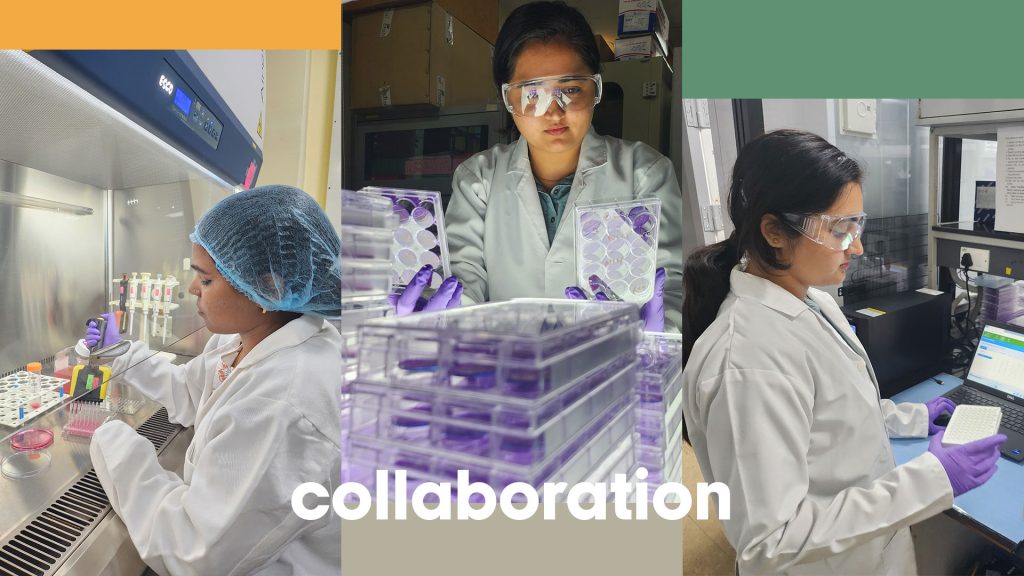Pandemic-prone respiratory viruses represent a major threat to human health globally. Currently, only a limited number of antiviral drugs are available to treat patients suffering from viral infections such as influenza, and even fewer are suited to the needs of neglected patient populations. Salicylamides make up an underexplored class of host-targeting antivirals with broad-spectrum activity across different viral families. By acting through human host mechanisms that are essential for virus uptake and replication, resilience to drug-induced viral resistance increases – an important factor given increasing resistance to current influenza treatments. In clinical trials, salicylamides show promising effects, demonstrating small but significant alleviation of symptoms and viral levels.
Improving bioavailability and metabolic stability by designing novel and more potent salicylamides is at the core of this project, which is a collaboration between the Drugs for Neglected Diseases initiative (DNDi) and the Translational Health Science and Technology Institute (THSTI), an autonomous institute of the Department of Biotechnology, Government of India. In addition to the aim of achieving greater clinical benefits for patients through the discovery of improved salicylamides, the project also seeks to address innovation gaps in research and development to deliver improved and affordable medicines in India by uniting the THSTI’s expertise in influenza virus pre-clinical models with DNDi’s drug discovery expertise. The 2-year project is led by PI Dr. Peter Sjö, DNDi and co-PI Dr. Sweety Samal, THSTI and it will commence early 2024.
Photos credit THSTI
